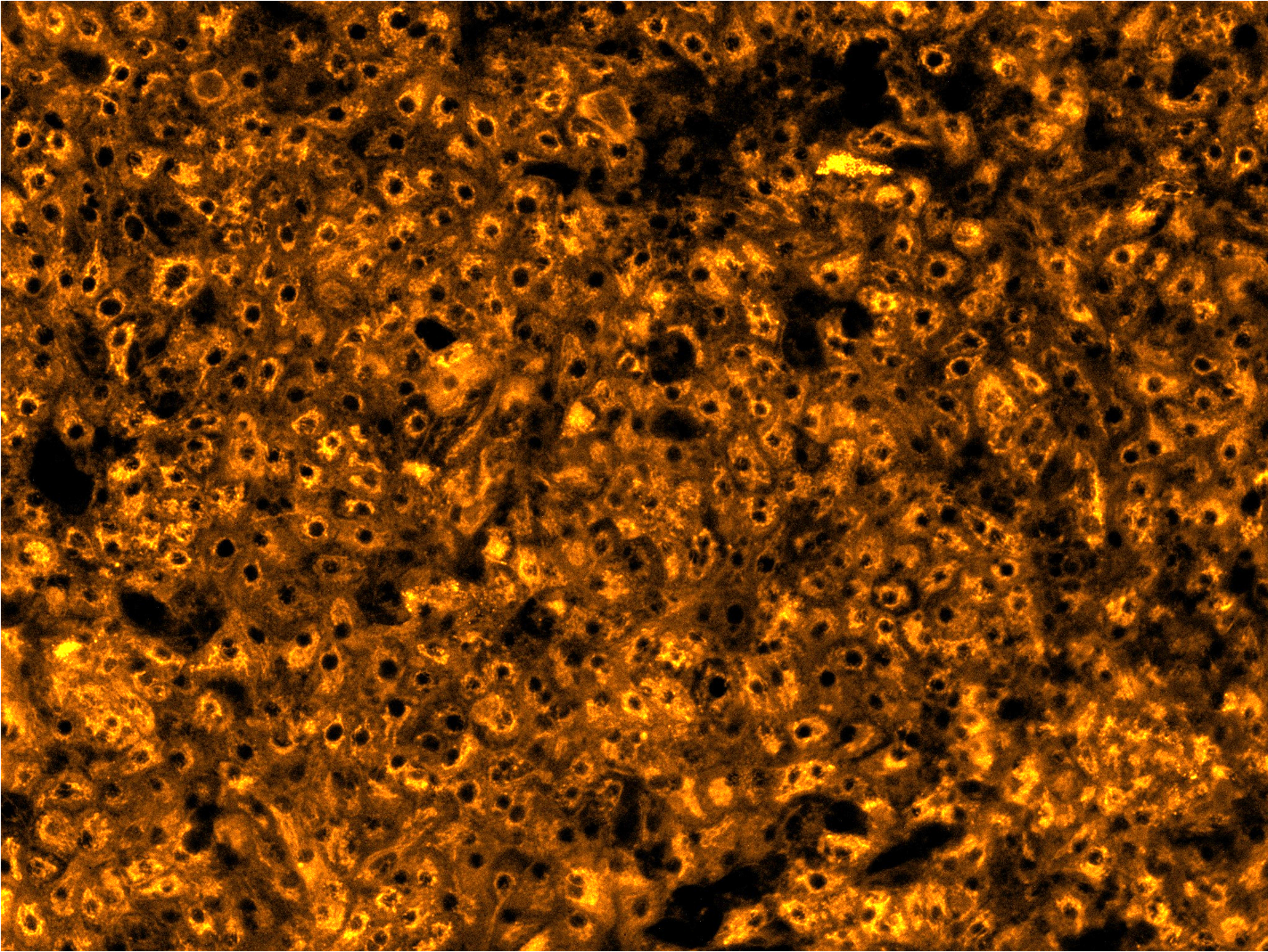05.11.2025 | Published by bit.bio

05.11.2025 | Published by bit.bio

bit.bio launches Early Access programme for ioHepatocytes (Discovery Research), a new human iPSC-derived hepatocyte model
New human hepatocytes deliver unprecedented batch-to-batch consistency and long-term function in 2D culture for advanced liver research and drug discovery.
Cambridge, UK, 8:00, 5 November 2025 – bit.bio, the global leader in synthetic biology and deterministic cell programming, today announced the launch of its Early Access programme for ioHepatocytes (Discovery Research). This new product provides a consistent, functional, and scalable human iPSC-derived cell model designed to enhance in-vitro studies of liver disease and drug responses.
Powered by bit.bio's proprietary opti-ox™ deterministic cell programming technology, ioHepatocytes (Discovery Research) overcome key challenges in liver research, such as the inconsistency and short culture lifespan of primary human hepatocytes. The cells deliver built-in batch-to-batch consistency, as demonstrated by bulk RNA-sequencing across three independent batches, ensuring reproducible data across experiments.
“This launch marks an important evolution for bit.bio, bringing the consistency, scalability, and human relevance of ioCells into a new area of biology. With ioHepatocytes (Discovery Research), we are bringing the strengths of our cell coding platform into liver research and toxicology for the first time. These consistent, functional human iPSC-derived hepatocytes will enable deeper and more ambitious studies. We all look forward to seeing the discoveries and therapeutic innovations that will follow."
 Przemek OblojCEO, bit.bio
Przemek OblojCEO, bit.bio
A key advantage of ioHepatocytes (Discovery Research) is their long-lasting functionality and stability in standard 2D culture. The cells maintain a mature hepatocyte phenotype, cobblestone morphology, and sustained albumin secretion for over two weeks. This extended functional window is critical for enabling longitudinal studies of metabolic diseases and the effects of slow-acting compounds.
From day 4, the highly characterised cells display prominent nuclei and expression of core hepatocyte markers. They also recapitulate a suite of key human hepatocyte functions, including:
“Primary human hepatocytes are often inconsistent batch-to-batch and have short functional lifespans, hindering long-term studies and forcing researchers to re-validate every new batch of cells - ioHepatocytes address this. By providing a stable, functional, and consistent supply of human liver cells, the need for revalidation is reduced, saving users time and money. This allows scientists to generate more reliable data in their drug metabolism, toxicity, and disease modelling research."
 Emma PepperellVP Commercial, bit.bio
Emma PepperellVP Commercial, bit.bio
The new Early Access programme invites researchers to be the first to validate the next generation of human in vitro hepatocyte models. Participants will have the opportunity to evaluate cell handling, protocol robustness, morphology, marker expression, and functional performance.
For a limited time, an Early Access evaluation pack containing three vials is available for a special introductory price of $995 / £995 / €995 on the first order. Spaces for the programme are limited.
Researchers interested in participating can learn more and register their interest at https://www.bit.bio/iohepatocytes-dr-early-access.